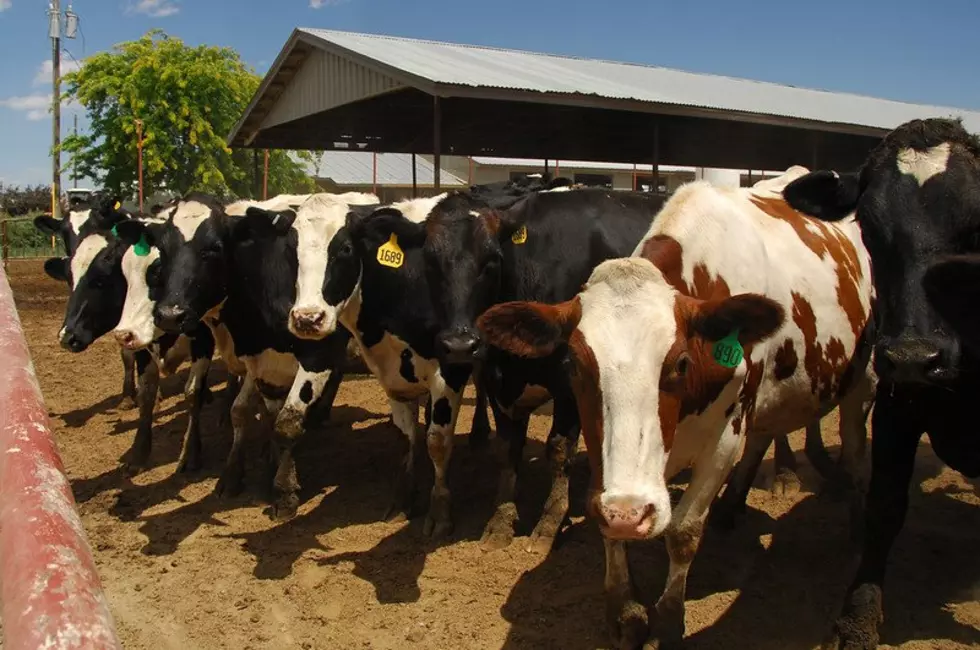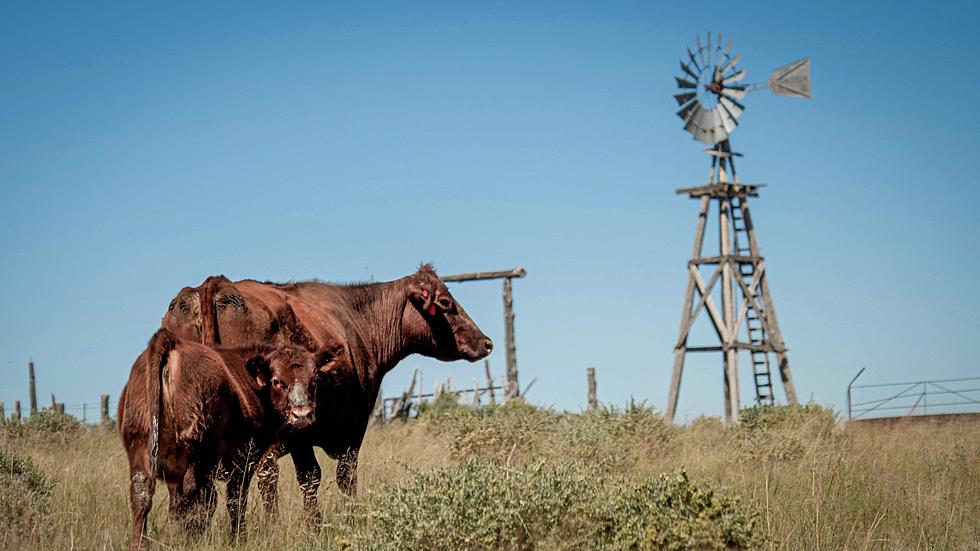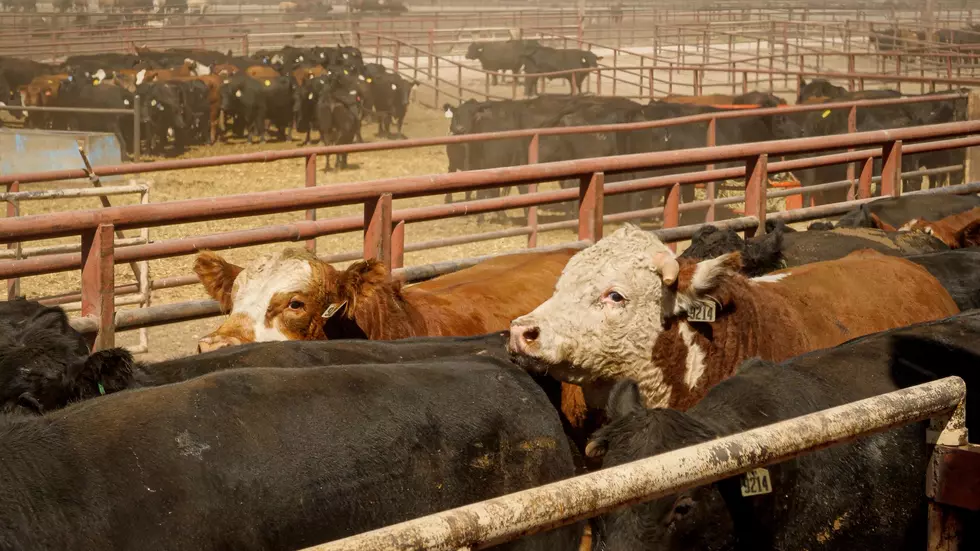
How Did Canada’s Freedom Convoy Impact Ag Trade?
After just nine days in force, Canadian Prime Minister Trudeau recently cancelled the Emergencies Act, deployed in response to COVID mandate protests, occupations and several border blockades that erupted back in January. The so-called Freedom Convoy has come and gone. But its impacts are still being felt by industries dependent on cross-border trade. The Windsor-Detroit Ambassador Bridge is the primary link for the automotive industry - which is still tallying losses in the hundreds of millions of dollars. For agribusiness trade, impacts vary. The Ambassador Bridge routes almost all of Ontario’s greenhouse vegetable exports into the U.S. The blockades took place in the depth of winter. And, because of that, Stephanie Segrave, with the Ontario Greenhouse Vegetable Growers, said her industry was lucky.
“We were very fortunate that it wasn’t at peak season, otherwise the financial impact would have been much more detrimental. Roughly 80% of greenhouse produce grown in Ontario is shipped to the United States through the Ambassador Bridge. So, that did occur in our favor, that it was occurring at a slower time of year.”
But other sectors took much harder hits from the protests. Coutts, Alberta is a major crossing-point for the Canadian cattle industry. Dennis Laycraft with the Canadian Cattlemen’s Association believes that if the intention is to hurt Canadian cattle exports, Alberta’s Coutts crossing is the spot to hit.
“It is one of the main crossing points. They’ve got the re-inspection house that’s located, or set up to deal with live cattle exports. In terms of transit-through, it’s the most efficient place for a lot of those shipments.”
The Canadian livestock industry is now facing lower prices due, in large part, to the recent blockades. And, following a year of severe drought in the Prairies, livestock operators are having to import feed from the U,.S. So, loads of feed grains not able to get to feed-lots was the last thing cattlemen needed.
“We have a feed shortage in Western Canada and we’re importing record quantities of feed grain. A lot of the distiller’s grains were held up as a result of some of the blockades. So, there’s pressure back into the system when you have more cattle in inventory. As they back up, generally speaking, the price gets lower. Unfortunately, you start seeing impacts back on the market price as well.”
Another extended border blockade was at Emerson, Manitoba, and the main crossing point for the Manitoba’s pork industry. Emerson is the point where U.S. soybean meal destined for hog barns comes into province. And Cam Dahl with Manitoba Pork says that Emerson is also were most of their hogs go south, especially young weanling pigs.
“We do export a significant amount of weanlings to the United States. Almost every one of them goes through that Emerson crossing. All of these pigs are moving on a just-in-time basis. We saw producers here in Manitoba that were not getting the soybean meal shipments they were expecting. You can’t afford to miss a couple of B-trains of soybean meal in a week.”
The Freedom Convoy had a life-span of about 19 days, but its memory and impacts will be felt for some time to come.
If you have a story idea for the PNW Ag Network, call (509) 547-1618, or e-mail gvaagen@cherrycreekmedia.com
More From PNW Ag Network









